The Agrarian Commons, Land Stewardship, and the Racist History of Land Conservation

As a land conservation organization, it is important for Agrarian Trust to grapple with the racist history of land conservation, and to imagine new models of land stewardship rooted in racial equity and active care for the land. The Agrarian Commons model is a clear step in this direction.
Ostrom’s Eight Design Principles for a Successfully Managed Commons
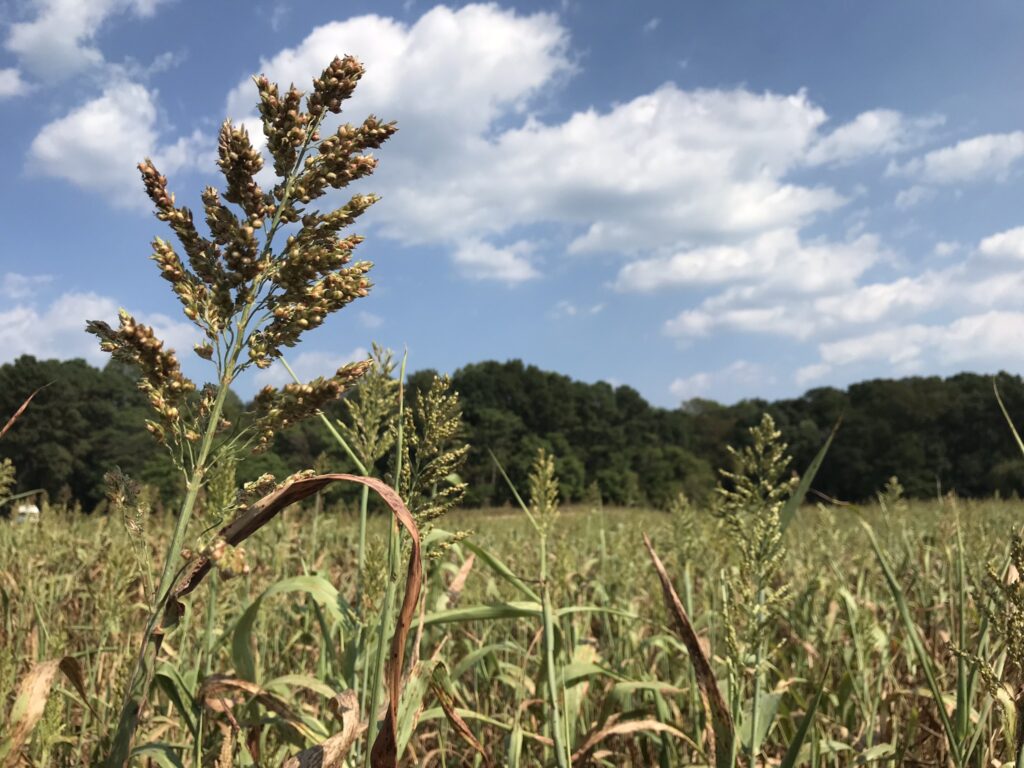
Torbel came to international attention in 1990, when Ostrom published her groundbreaking study of commons, Governing the Commons: The Evolution of Institutions for Collective Action. In the book, Ostrom argued against the dominant understanding of the commons, as exemplified by Garret Hardin’s Tragedy of the Commons, which held that the commons would inevitably—and tragically—be depleted by rational, self-interested actors. The existence of communities like Torbel was evidence enough for Ostrom that Hardin’s model was too abstract.
La Via Campesina
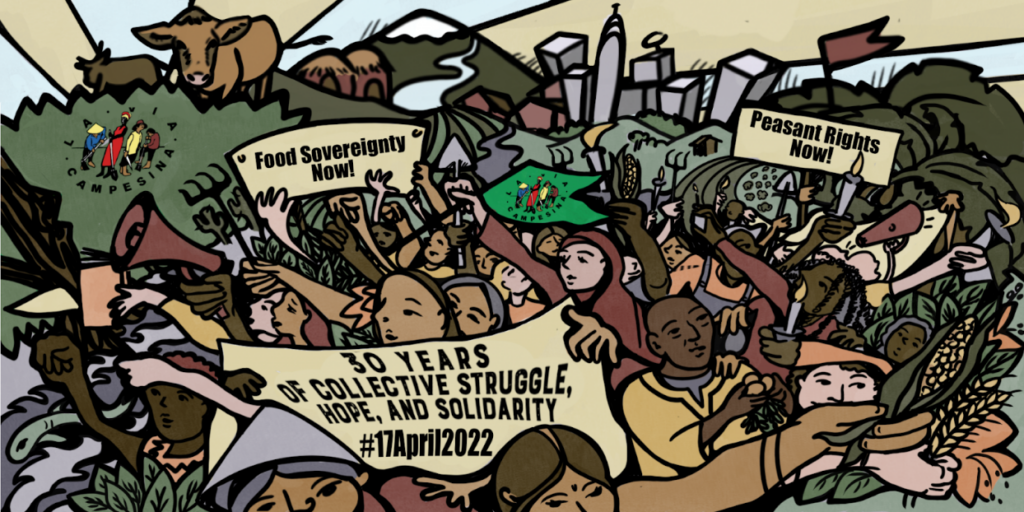
La Via Campesina coined the term food sovereignty in 1996, against the background of an increasingly globalized food system, which heavily favored large agribusinesses over small-scale farmers. The World Trade Organization (WTO) pressured countries to dismantle their local agricultural system, to lower prices, and become competitive on the global market. In order to drive labor costs down, farming became increasingly centralized, driving peasants and Indigenous people off their land at unprecedented rates. Aggressive copyright law and genetic engineering by large agribusinesses robbed peasants of their seeds, rendering them reliant on a volatile global market of pesticides and genetically modified organisms (GMOs). Cheap produce flooded local economies, destroying the livelihoods of farmers who were unable or unwilling to compete.
What can we learn from Deshee Farm? A Visual History
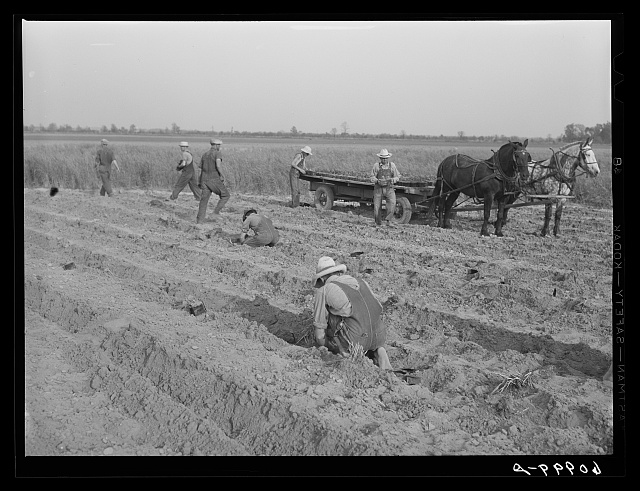
While farms like Deshee failed to take hold in the United States and had significant limitations, its story serves as a reminder that the privatized corporate farming that dominates U.S. agriculture was anything but inevitable. Grassroots organizing by tenant farmers played a key role in securing innovative, state-funded programming whose scale and vision matched the needs of the moment. Had there been more resources to fund similar efforts and more time and autonomy for the members of RA farms to develop the necessary institutions and cultural practices to effectively govern their shared resources, we might have been living in a different, more cooperatively focused world.
Restoring Native Pollinator Habitats with the Agrarian Commons
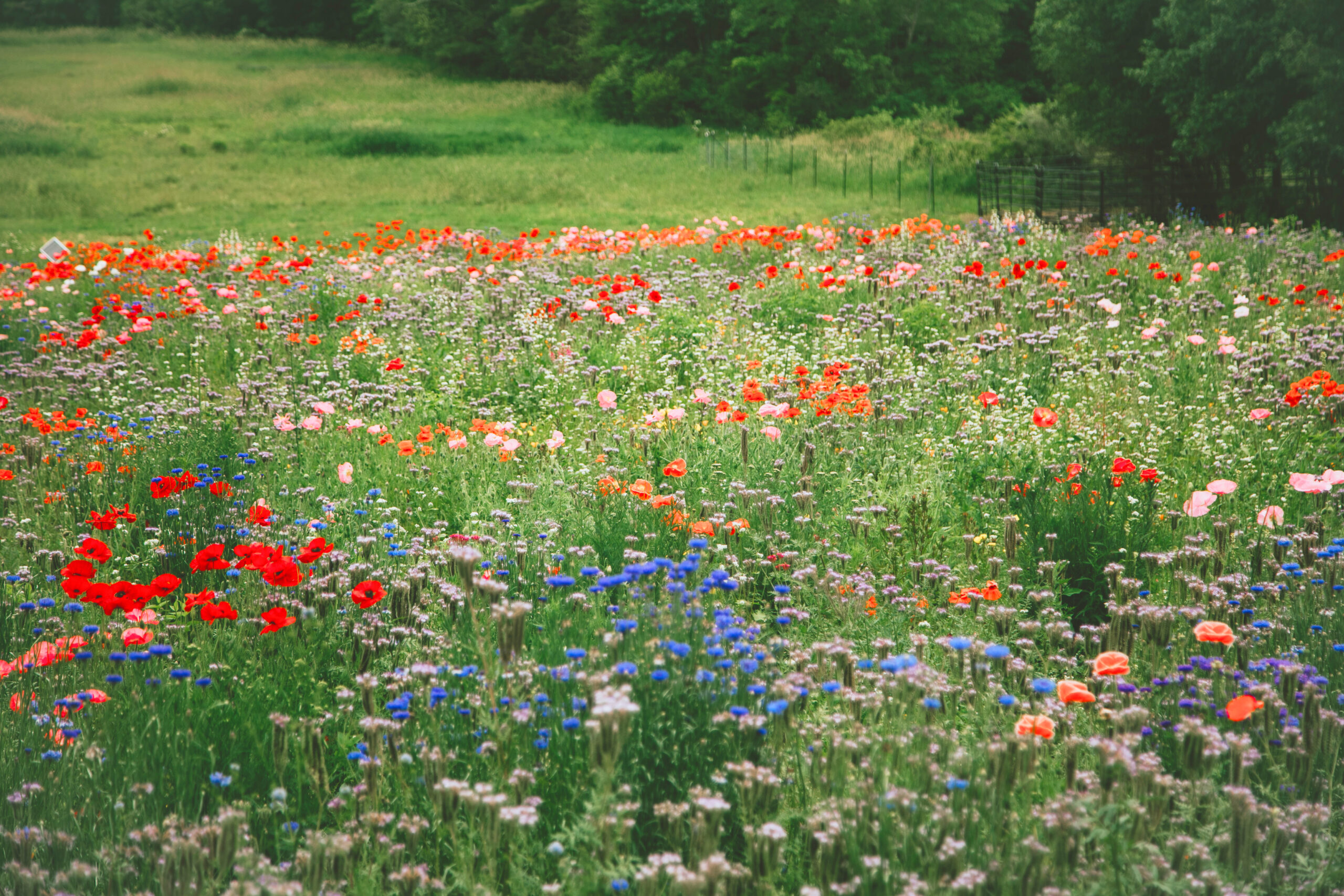
In the past twenty years, habitat loss, pests, pathogens, a lack of genetic diversity among pollinator species, and the reckless use of pesticides has caused a drastic drop in the United State’s pollinator population. Between April 2020 and April 2021 alone, beekeepers report losing 45.1 percent of managed honey bee colonies. This loss of pollinators impedes the function of successful ecosystems and poses a direct threat to farmers’ ability to successfully grow food. According to the United States Department of Agriculture (USDA), about “one mouthful in three in our diet directly or indirectly benefits from honey bee pollination.”
What are the Rights of Nature?
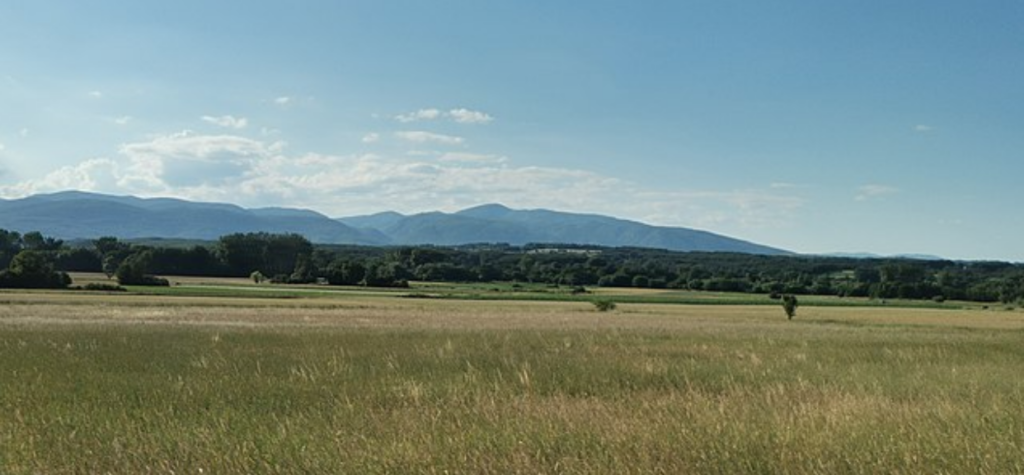
An ecologically responsible, regenerative approach to land management is at the center of Agrarian Trust’s effort to conserve and increase access to farmland across the United States. When a farmer signs on an Agrarian Commons lease, they agree to adhere to a high standard of ecological land management, and to respect specifically defined “Rights of Nature,” which are included explicitly in the lease. Listed here, the Rights of Nature in the Agrarian Commons lease include, but are not limited to:
Enclosure: Old and New
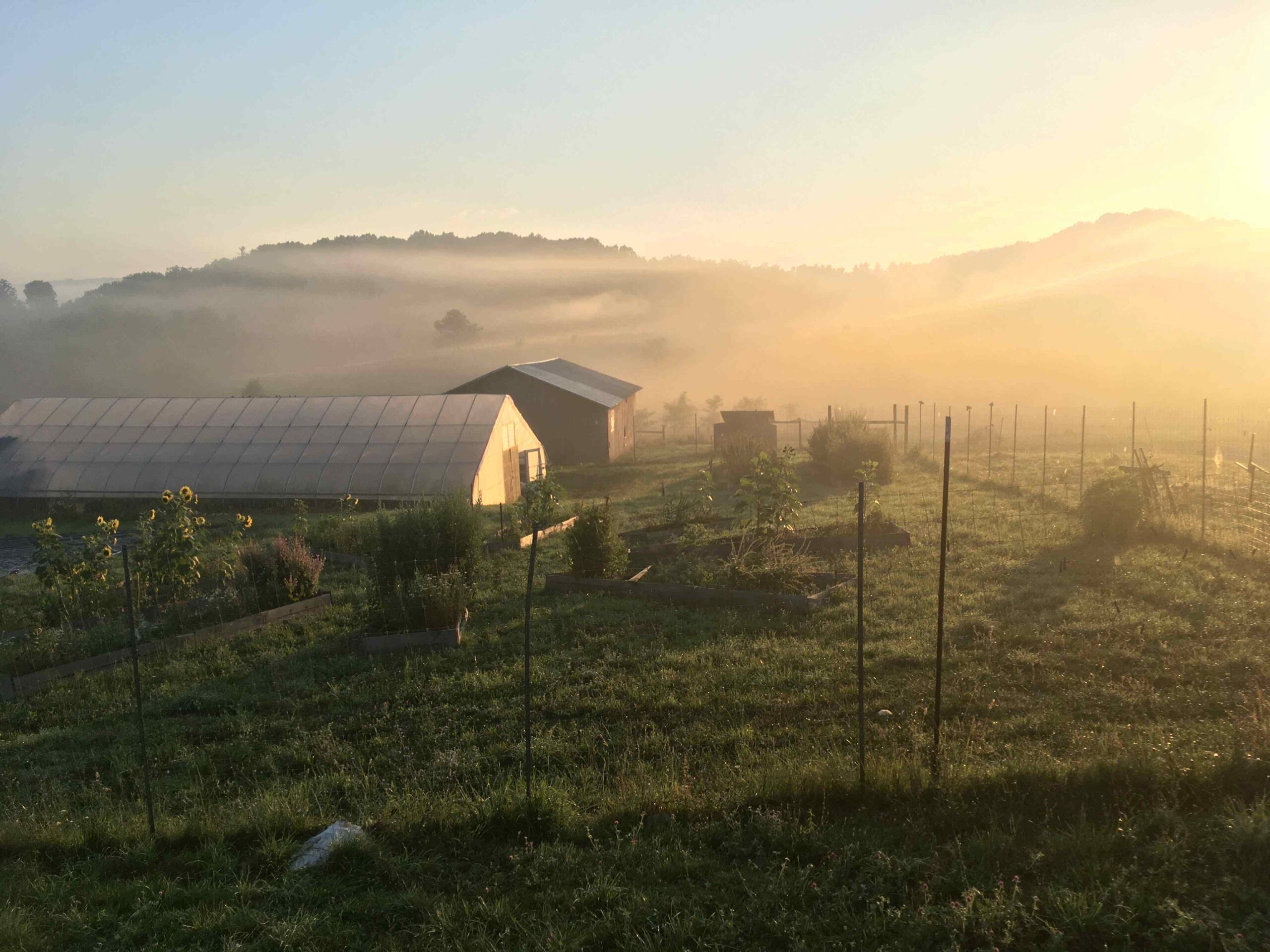
The Agrarian Commons is part of a long history of innovative commoning practices that have been formed in opposition to the commodification of land. Yet the dominant narrative in history textbooks frames the commons as a relic of the past, rendered obsolete by the “enclosures,” or widespread land grabbing that lasted from the 15th to 17th century. This narrative has been challenged by thinkers and activists who recognize that around the world, commoners are still actively fighting against efforts to grab their land and overturn traditional land rights. Agrarian Trust stands with these commoners as they seek to articulate a new, just vision of land tenure.
Commodity or Commons: Finance Capital and the Commodification of Land
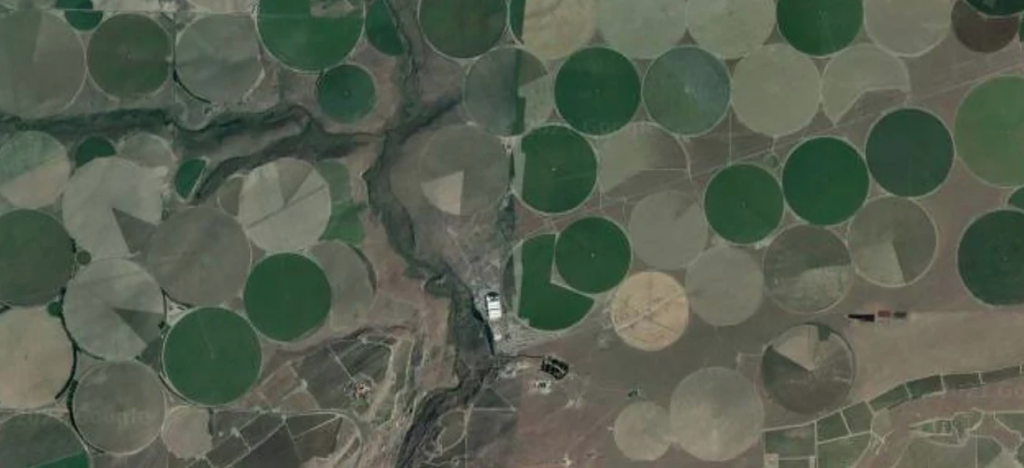
The first major entity to begin investing in farmland as an asset was Teachers Insurance and Annuity Association of America (TIAA)—one of the largest pension firms in the United States, with $1,375 billion in assets. In 2007, the TIAA began purchasing enormous tracts of land. By 2017, the TIAA owned more than 1.9 million acres of farmland worldwide— an area significantly larger than the state of Maryland—including over 490,000 acres in Brazil alone. TIAA’s purchases in Brazil led to the consolidation of power in the hands of a small number of agribusinesses specializing in soy monoculture, driving farmers off their traditional land in record numbers, and leading to widespread deforestation, wildfires, and loss of biodiversity.
Oasis and Community in Petersburg, Virginia
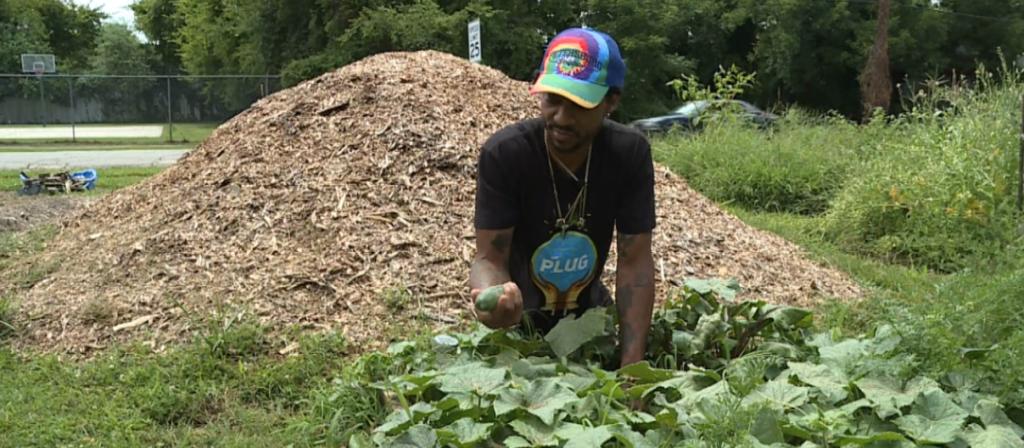
“What it means for our community… it means a sense of hope,” said Cherry. “It’s a light in a very dark time, not just for our city, but even for our country. And its potential for our youth, to know that something besides a place like Walmart exists here—that’s big. Something to be proud about, to say we have a community farm, something we’ve worked for—to have that kind of light in Petersburg.”
Healing the Land Through Community Collaboration in the Southwest Virginia Agrarian Commons
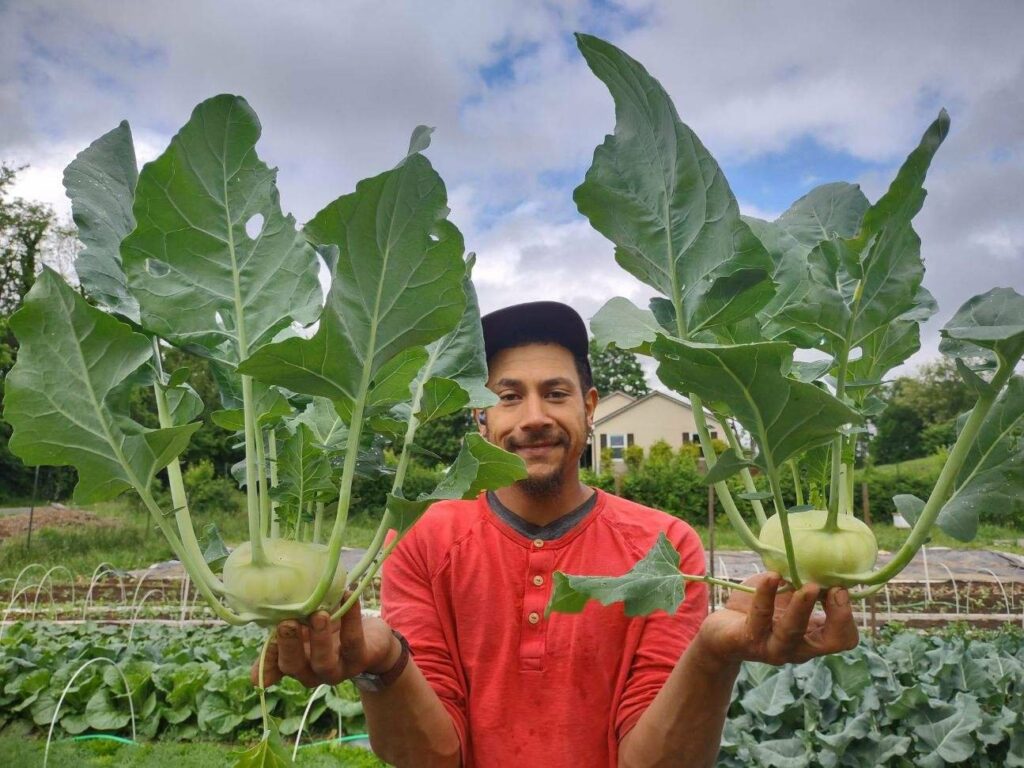
As the campaign to raise $426,250 to purchase Lick Run Farm gains momentum, the Harvest Collective, a Virginia-based collaborative farming group, is already hard at work preparing Lick Run for its new place in the Southwest Virginia Agrarian Commons. Along with Cam Terry, the head farmer at Garden Variety Harvests, the collective has been mowing grass, laying tarps, and completing small construction projects around the land.